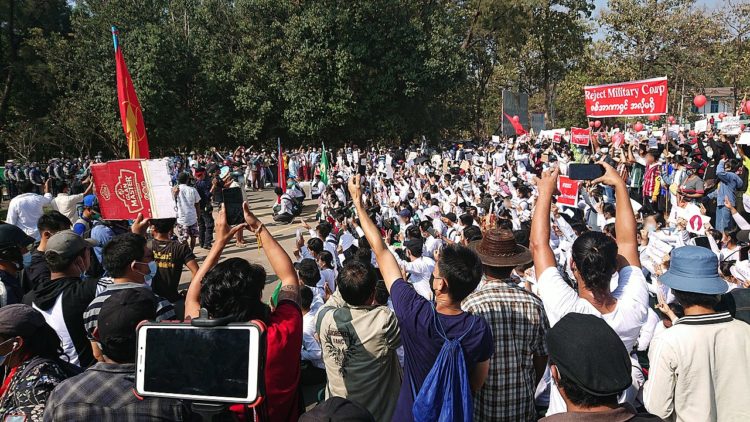Now wonder the Myanmar junta just extended its state of emergency: "one estimate by three former U.N. experts last September suggested that the coup-plotting authorities had 'stable' control of only 17 percent of Myanmar’s territory." https://t.co/oQOm7v7FfA
— Kenneth Roth (@KenRoth) February 4, 2023
Extended Emergency State & Resistance Against Military Rule
The implications of this extended emergency state are dire for anyone living in areas affected by martial law. Reports suggest that more civilians may be killed & tortured as security forces continue their crackdown on any form of dissent or resistance against the regime; leaving innocent people with nowhere safe to go or express their opinions freely without fear of repercussions from authorities. Moreover, with no clear timeline set for holding a general election, democracy could remain suspended indefinitely while international pressure continues on the regime – leading only to more instability & suffering for civilians caught between warring factions.
As the situation in Myanmar continues to deteriorate, civilians face extreme violence and oppression from the military. They also struggle to access basic necessities such as food and medicine due to the military’s blockade of certain townships. In addition, many activists have been arrested on charges of violating martial law or spreading false information. This has caused a chilling effect on any form of dissent towards the government, resulting in growing fear amongst citizens that their opinions may be used against them by authorities.
1 Feb 2023: two yrs following #Myanmar military junta’s illegal failed coup & launch of nationwide terror campaign, we honor the courage of Myanmar ppls fierce resistance & continuing determination to dismantle the military junta!#SpringRevolution_2ndAnniversary pic.twitter.com/pzvHHNBFrx
— Progressive Voice (@PVamplify) February 1, 2023
The international community has spoken out numerous times against the military regime, but its pleas for an end to the crisis seem to fall on deaf ears. The United Nations Security Council recently issued a statement calling for an immediate de-escalation of violence and full respect for human rights, but the military government has yet to comply. Pressure from countries such as Britain and the United States has been minimal compared to what is needed to bring about meaningful change in Myanmar.
It is clear that the extension of martial law in Myanmar has fast-tracked the military’s agenda to assert strong authoritarian control and violently quash any dissent. This dangerous move puts civilians at risk and undermines democracy in the region, leaving citizens with little hope for justice or freedom from oppression. International pressure must continue on the regime until a meaningful solution is reached and civilian lives can again be respected. Unfortunately, as SOFREP has reported before, there is a stark difference between Ukraine’s and Myanmar’s structure that limits the international community’s intervention in the country.










COMMENTS